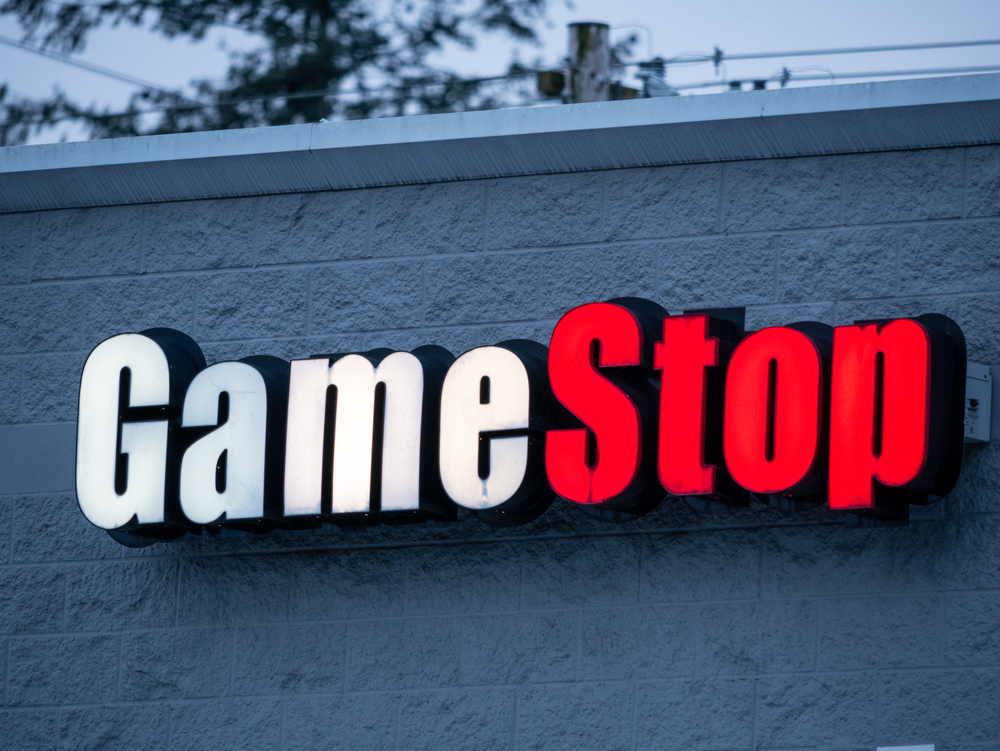
The GameStop (GME) stock rally is back, rekindling memories of the 2021 Reddit-fueled surge.
On Nov. 25, GME climbed 6.3% to close at $29.67, marking a four-month high. The stock has soared over 40% in the past month, pushing its market cap past $13 billion.
What appeared to be another Reddit-fueled meme rally instead owes much to renewed institutional interest, notably from Switzerland’s central bank.
The Swiss National Bank (SNB) disclosed it purchased an additional 249,100 GME shares in Q3, reaffirming its stake in the gaming retailer—a move that may seem unusual for a monetary authority.
Other institutional investors, including UMB Bank, AlphaMark Advisors, Centerpoint Advisors, and Russell Investments Group, have also increased their exposure to GME in recent quarters.
SNB first bought into GameStop during the 2021 meme-stock mania, a saga powered by retail traders who defied Wall Street's norms and dragged the company from near-oblivion to an all-time high of $87.
That momentum also saw GME’s trading repeatedly halted due to extreme volatility—a stark contrast to the stock’s fundamentals.
A skillful fundraiser but struggling business
Despite the hype, GameStop’s financials paint a bleaker picture.
In its fiscal Q2, revenue plunged to $798 million from $1.164 billion a year earlier, falling short of analyst expectations. This decline spans all major business segments, from hardware to software.
Still, the company reported a net income of $14.8 million, compared to a $2.8 million loss a year earlier.
While a rare profit may seem promising, it’s hardly indicative of a thriving company—especially when the global gaming market is growing. According to industry forecasts, the gaming sector is set to reach $187.7 billion this year, up from $183.9 billion in 2023.
For all its operational challenges, GameStop has a trump card: its ability to raise capital.
In June, the company raised $2.1 billion by selling newly issued shares, adding to its cash reserves. But critics argue that this strategy—while temporarily bolstering its balance sheet—does little to address deeper structural issues.
“GameStop’s core business doesn’t matter anymore; what matters is fundraising—it’s very good at selling stock if not video games,” quipped CNBC’s Jim Cramer.
While Cramer’s commentary is often met with skepticism he’s got the point: GameStop's stock performance increasingly reflects speculative trading rather than operational success.
Your email address will not be published. Required fields are markedmarked